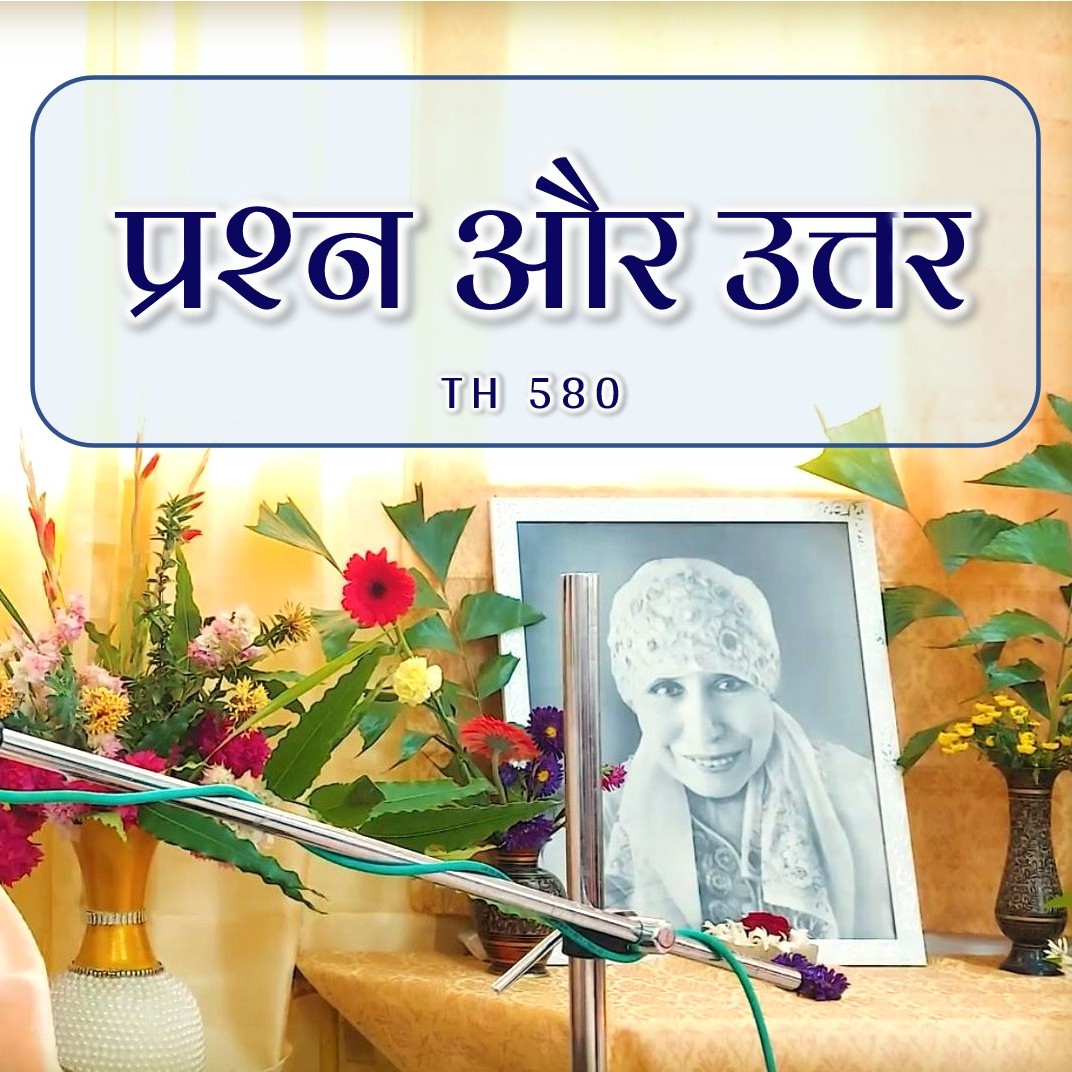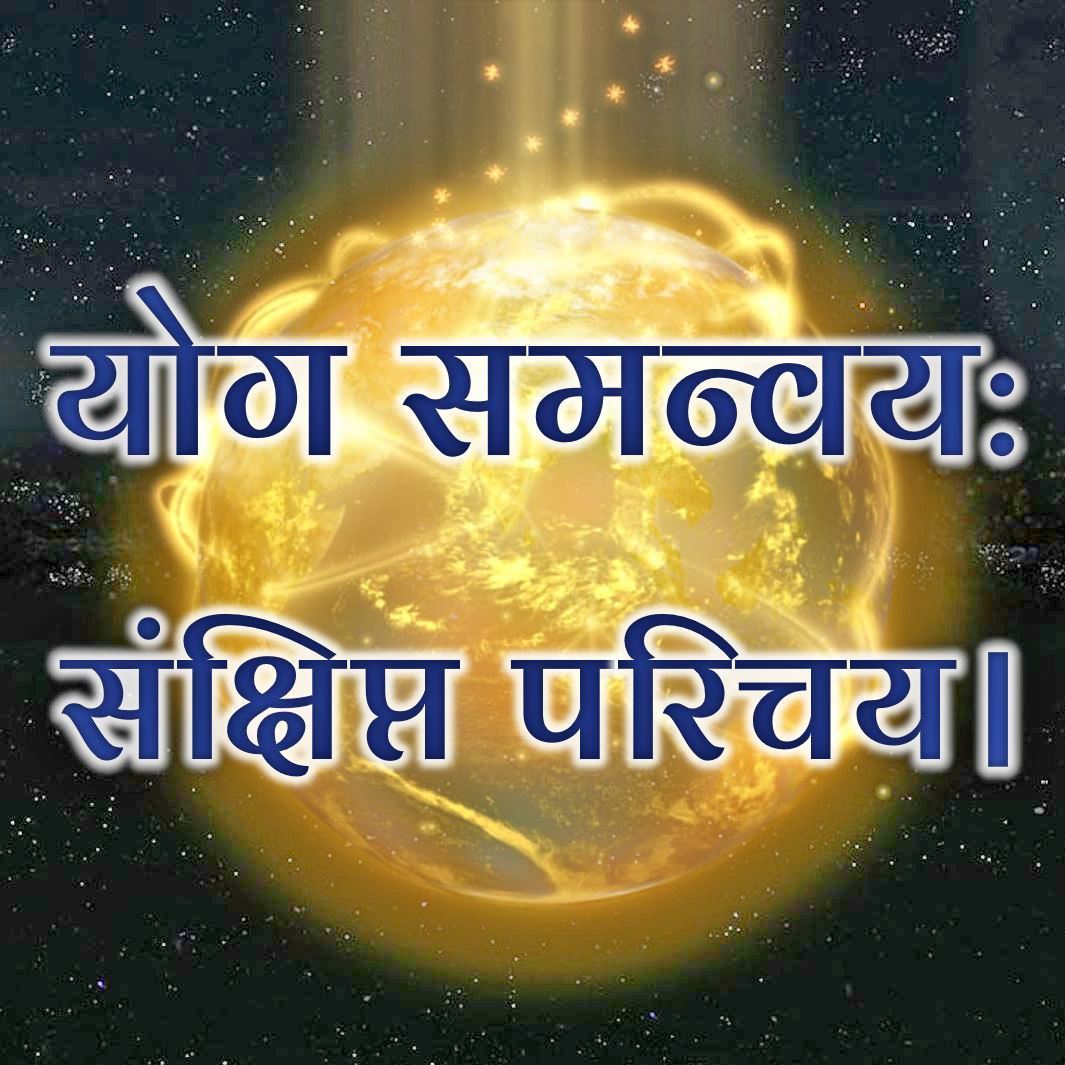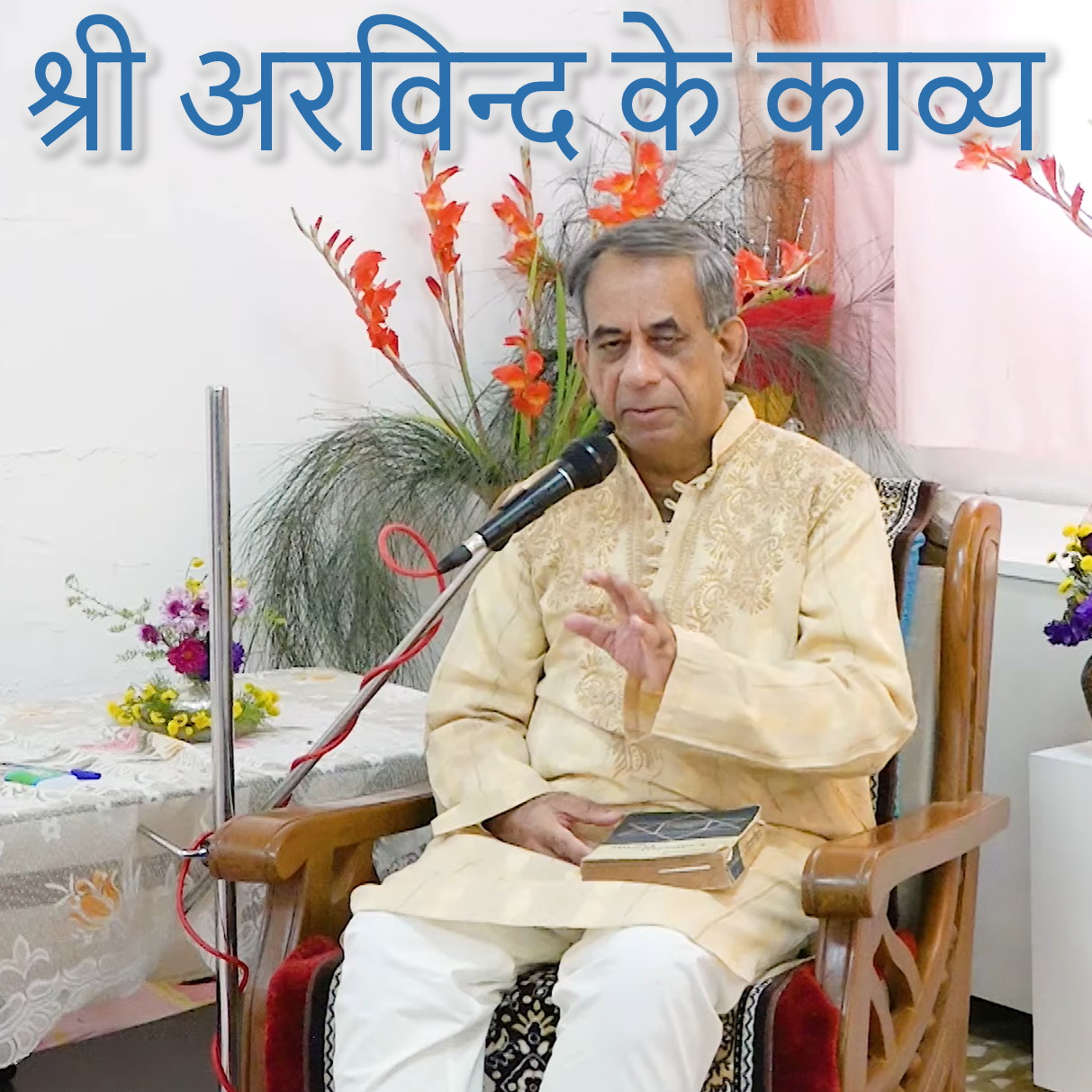Show Notes
At the outset I must admit the enormity of the subject to which none can do full justice, especially in a short time. The purpose however is not so much as to give an exhaustive account but a little glimpse into the life of Sri Aurobindo as a teacher at the Baroda and later Bengal National College. Sri Aurobindo, apart from his administrative duties for which he was primarily appointed by the Maharaja, was also a professor of French and English at Baroda College. He also served as a Vice Principal and later as acting Principal, until he finally resigned at the call of Indian Nationalism. Following the partition of Bengal he went to Calcutta (now Kolkata), where he laid the foundations of the Bengal National College and also taught there as a professor. That was the time when his writings began to spark the light of Freedom in the youth. The English, worried at the huge effect he was beginning to have on the Freedom movement, slapped a sedition case on him. At that point of time, Sri Aurobindo resigned from the Bengal National College to avoid embarrassment to the college authorities. At this juncture the staff and students invited him for a last advice, which was delivered as a talk on the 23rd Aug 1907 and published in Sep 1907. This talk is reproduced below. Also, I shall be reading from Rishabhchand ji’s wonderful and extremely well-researched book ‘Sri Aurobindo, his life unique’.





